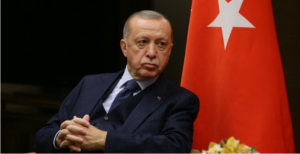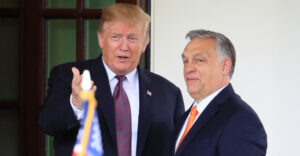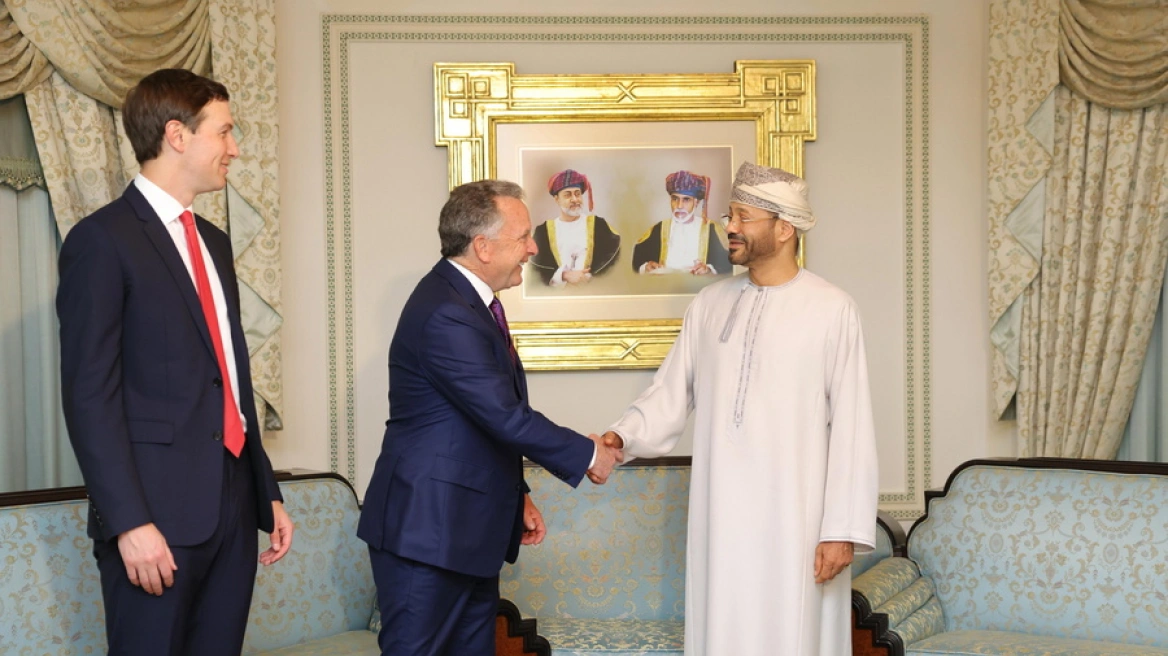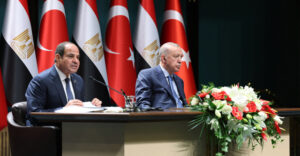NATO is essentially a security alliance. Its preamble, however, states that the organization is founded on the principles of democracy, individual liberty and the rule of law. The grossly autocratic one-man show in Turkey, a NATO member, features none of that. According to the 2021 Democracy Index prepared by Economist Intelligence Unit (EIU), Turkey ranks 103rd among 167 countries. The index evaluation was based on five criteria: electoral processes and pluralism, functioning of government, political participation, democratic political culture and civil liberties.
In its Freedom in the World 2022 report, Freedom House, a U.S. government funded organization in Washington, D.C., put Turkey in its “not free” category of countries, along with Afghanistan, Angola, Belarus, Cambodia, China, Cuba, Ethiopia, Haiti, Iran, Iraq, Libya, Nicaragua, Russia, Saudi Arabia, Somalia, Sudan, Syria and several other third world rogue regimes. Could one, by the criteria of democracy, imagine any of those countries as a NATO member state? But Turkey is.
House votes to remove Ilhan Omar from Foreign Affairs Committee
From the security perspective, as well, Turkey is the odd one out in the NATO alliance. In 2012, Turkey joined the Shanghai Cooperation Organisation (SCO) as a “dialogue partner.” (Other dialogue partners are Belarus and Sri Lanka; observer nations are Afghanistan, India, Pakistan, Iran and Mongolia). In 2022, Turkish President Recep Tayyip Erdoğan said he was hoping to acquire membership in the SCO.
Read more: Gatestone Institute
Ask me anything
Explore related questions





